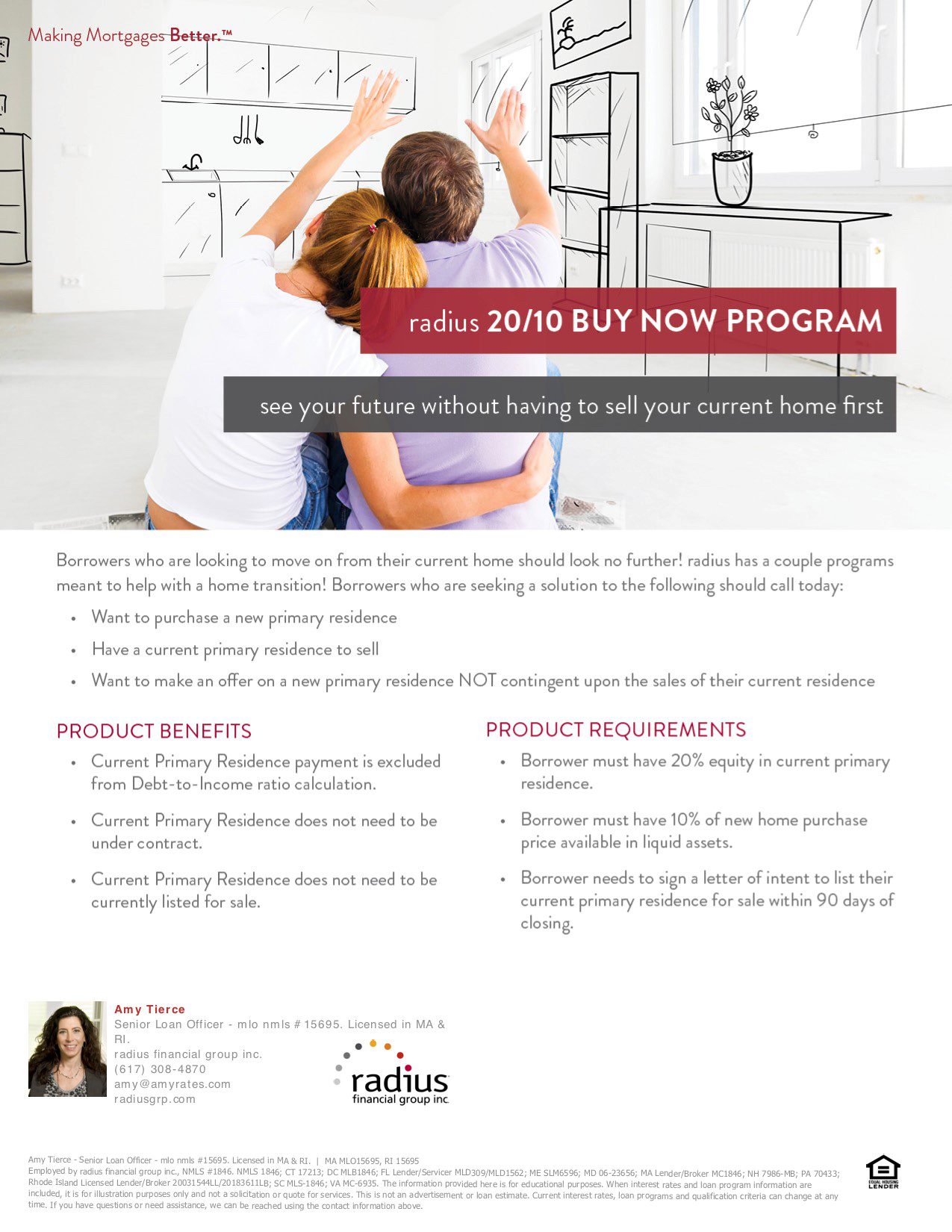We are not fans of starter homes or starter condos. It’s expensive for our clients to change residences.
Moving to your second purchase is also complicated by the debt you are carrying in your current mortgage. That current mortgage debt can create a situation where you can’t get a mortgage on the next property until you sell your current property, which leaves you somewhat stuck. Do you sell, move to an apartment, then buy and move again? Or is there another way?
Why would you have to sell your current property first?
To qualify for a mortgage, borrowers must fall within certain ratios of what they earn and what they owe (debt to income ratios). Lenders use these ratios because people who borrow more, compared to what they earn, are more likely to default on their loan.
People who own a house or condo have a big debt. The amount of their monthly mortgage payment is added into their debt ratio. Even though you plan to sell your condo or house after you buy your next place, as far as the lender is concerned, you still have the debt until you sell. If your income is not high enough to the debt for both properties, mortgage lenders don’t think you are a good risk.
You can sell your current property in the morning and close on the new property in the afternoon. This is tough, but people do it. When you add in that you might not get your new mortgage unless the first property is sold, it is that much more complicated.
Purchase contingent on the sale of current residence
There is a mortgage contingency clause on most real estate standard offer forms in Massachusetts that states if you don’t get your mortgage by a certain date, you can get your deposits back.
If your mortgage is contingent on the sale of your current property, you must disclose this to the seller. When you disclose this, you are telling the seller that your offer might fall through if your current property does not sell on time.
Most sellers will not accept an offer from a buyer who must sell their current house or condo in order to get a mortgage. Sellers don’t like this for good reason. Even in a hot market, like ours, sometimes properties do not sell. If the buyer’s current house or condo doesn’t sell the new purchase will fall through, weeks later. In a hot market, most sellers will choose an offer from a buyer who does not have that liability. Really, in almost any market; in the 27 years that I have been a buyer’s agent, only one buyer’s offer with this contingency has ever been accepted.
So, you are hosed, right? No. You aren’t.
A mortgage program to the rescue!
radius financial group inc. has a program that addresses this problem. If you qualify, you will be able to buy your next property, then sell your current one. Your purchase mortgage for the new property is not contingent on the sale of your current home. Sellers like it, and that might get you a property.
How it works:
- You need to have 20% equity in your current property and have a 10% down payment, in liquid asset, for your new purchase.
- You will be qualified for your new property with your current mortgage excluded from your debt-to-income ratio.
- You promise to market the property you are leaving within 90 days of closing on your new place.
What’s the catch?
This mortgage product costs more because it carries risk for the lender. They are, literally, banking on your ability to sell your current property. You’ll need to have it appraised as part of your qualification process.
If you are able to get your current property under agreement soon enough, you might be able to close on it the same day you close on your new place. If so, you may be able to switch to a more conventional mortgage. This involves having enough time to process the mortgage, so there are no promises.
Thank you to Amy Tierce – Loan Officer, mlo nmls #15695 for sending me a flyer about this mortgage. It’s pretty special. View the flyer below.


Leave A Comment